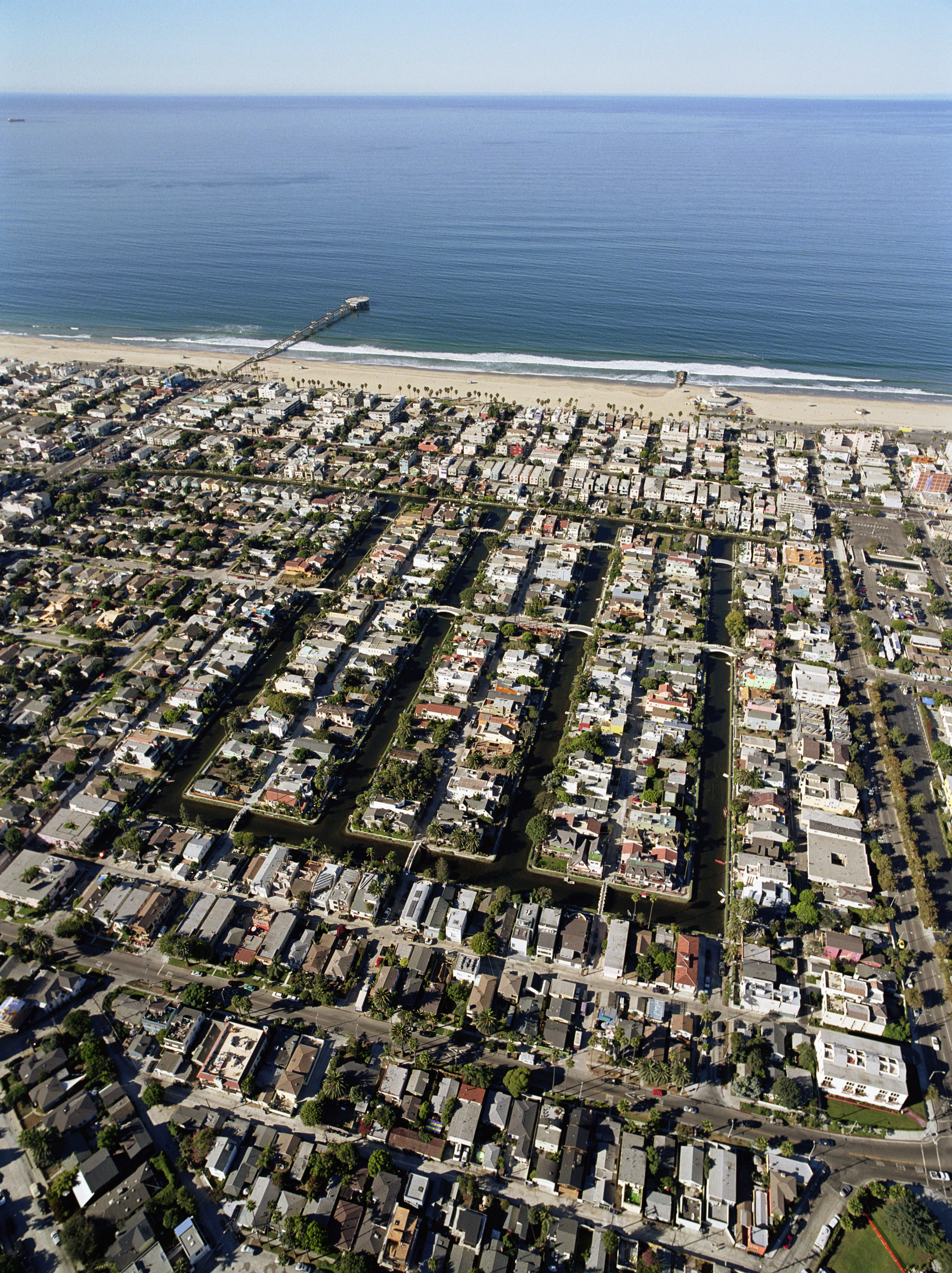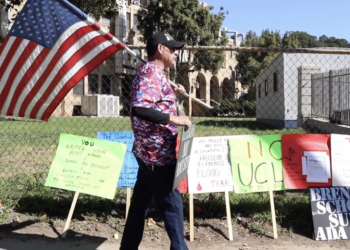12:52am
Developers who propose projects that require exemptions from existing Los Angeles zoning and planning rules will have to provide affordable housing in their developments under a measure approved by city voters. Initiative Ordinance JJJ, which was put forward by labor groups, will
Initiative Ordinance JJJ, which was put forward by labor groups, will apply to residential projects that include more than 10 units and require general plan amendments or certain types of zoning changes. Under the measure approved Tuesday, the projects will need to meet affordable housing, training, local hiring and prevailing wage requirements. The initiative will also limit the city’s ability to deny general plan amendments for projects that are close to transit hubs.
The initiative was spearheaded by the Los Angeles County Federation of
Labor, which says the incentives would create more affordable housing. “Proposition JJJ won’t solve every problem…But if Proposition JJJ had been enacted three years ago, Los Angeles would have 5,522 additional new homes that people could afford today and 11,656 local residents would have had the jobs to build them,” proponents wrote in a ballot argument in favor of the initiative.
The measure was opposed by the Los Angeles Area Chamber of Commerce and
the L.A. Tenants Union, an activist group that said the initiative would lead
to more displacement of low-income residents. Opponents recently released a
study contending the measure will drive up construction costs, primarily
through dramatically increased wage requirements, leading to higher housing
costs and exacerbating the city’s housing situation.
“The fact is Measure JJJ will cost more for the same work, driving up
the cost to build homes and making them more expensive,” opponents contend in
their ballot argument. “First-time homebuyers will have fewer opportunities to
find a home at a reasonable price.”
The measure was a rival of sorts to an initiative proposed for the March
city ballot, the Neighborhood Integrity Initiative. That proposal calls for
a temporary halt to zoning changes and general plan amendments, which backers
contend lead to projects that are out of step with the existing character of a
neighborhood.

























